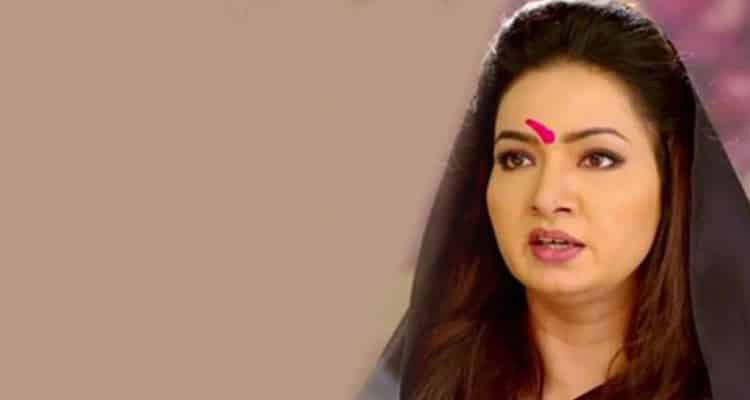Kaikeyi was one of the wives of King Dasaratha and the mother of Bharata, in the epic Ramayana. Besides being the proverbial stepmother, Kaikeyi’s character in Ramayana was also of a jealous wife and an over-zealous mother. But let us understand the character, without the tainted glasses that we have been made to wear for long.
Who was Kaikeyi in Ramayana
Kaikeyi was the daughter of the King of Kekaya and the only sister of seven brothers. She was brave, daring, rode chariots, fought wars, was extremely beautiful, played instruments, sang and danced. King Dasaratha saw her on a hunting expedition in Kashmir and fell in love with her. King Dasaratha had married Kaikeyi only when his first queen, Kaushalya, was not able to conceive. Thus the marriage took place, under some unuttered assumptions. First, Kaikeyi’s son would be the future king of Ayodhya and second, that she would be the Queen Mother. All this because Kaushalya’s bearing a child had been already ruled out. However, when she too could not conceive, Dasaratha got married again. But Kaikeyi was no Kaushalya. She was brave, beautiful and ambitious.
Kaikeyi was a very brave woman
It is said that once she had accompanied Dasaratha to war against a demon. During the war, when Dasaratha was supposed to have been injured, she drove his chariot out of the battleground, nursed him and got him back on his feet, fit to fight the war. Some other versions say that during the war, the axle of the chariot’s wheel broke and lest the chariot breaks down and bring Dasaratha on the ground; she is supposed to have used her finger for the axle till the battle was over. King Dasaratha was very impressed by her heroism and granted her two boons, which she kept for a better day. It is said that every action that one takes is rooted in one’s upbringing or some event of the past (especially childhood) which has moulded him/her. It was no different in the case of Kaikeyi too.
No softening influence
According to some versions, Kaikeyi’s father Ashwapati had a rare gift of understanding the language of the birds. But it came with a rider. If he ever told anybody what he understood of the birds’ conversation, then he would lose his life. Once while he was strolling with his wife, he heard the conversation of two swans and had a hearty laugh. This got the queen curious, and she insisted that she be told the contents of the conversation, knowing well the implications of the King’s actions. Kaikeyi grew up without any maternal influence and always harboured a sense of insecurity about the male community, who she thought were fickle. What if Dasaratha did not love her in his later life, as he had other wives too? What if her son, Bharata did not care for her at her old age? Thanks to all these thoughts and Manthara (her maid who had accompanied her from her father’s place) fuelling latent ambitions, resulted in Kaikeyi seeking two boons. One, Bharata to be appointed the king and second, Ram to be banished for fourteen years.
Hidden motives for Kaikeyi’s actions
Ramayana is an epic of ideal characterisations, ideal son, ideal wife, ideal mothers, ideal brothers, ideal devotee, etc. Often to enhance the portrayal of these ideals, a deviant is necessary. Yet another version says that Kaikeyi’s father had overheard from some birds that the jungles would soon be full of demons that would hurt the Brahmins and ascetics, which would need long-term help from Rama. All the versions and many more, lead us to one conclusion. Rama’s exile was destined and pre-ordained. The quintessential stepmother was a figment of the author’s imagination or at best just a catalyst, who has been bearing the brunt of it all, since ages! Isn’t it time to relook at certain characters? Isn’t it time to give the devil her due?


